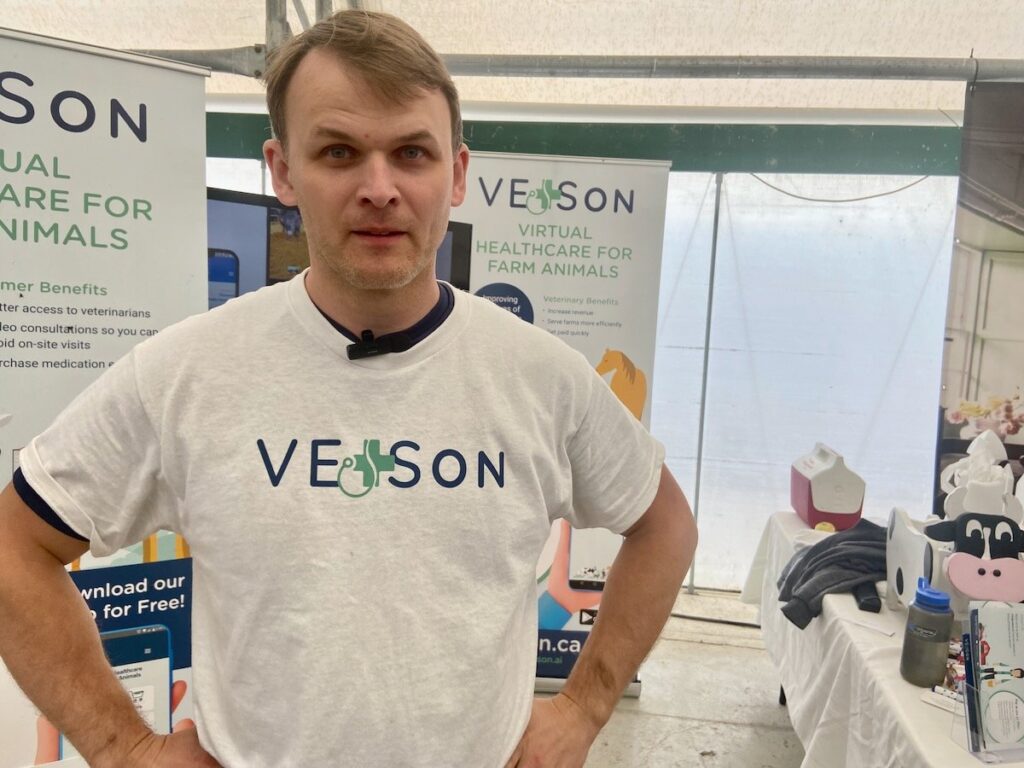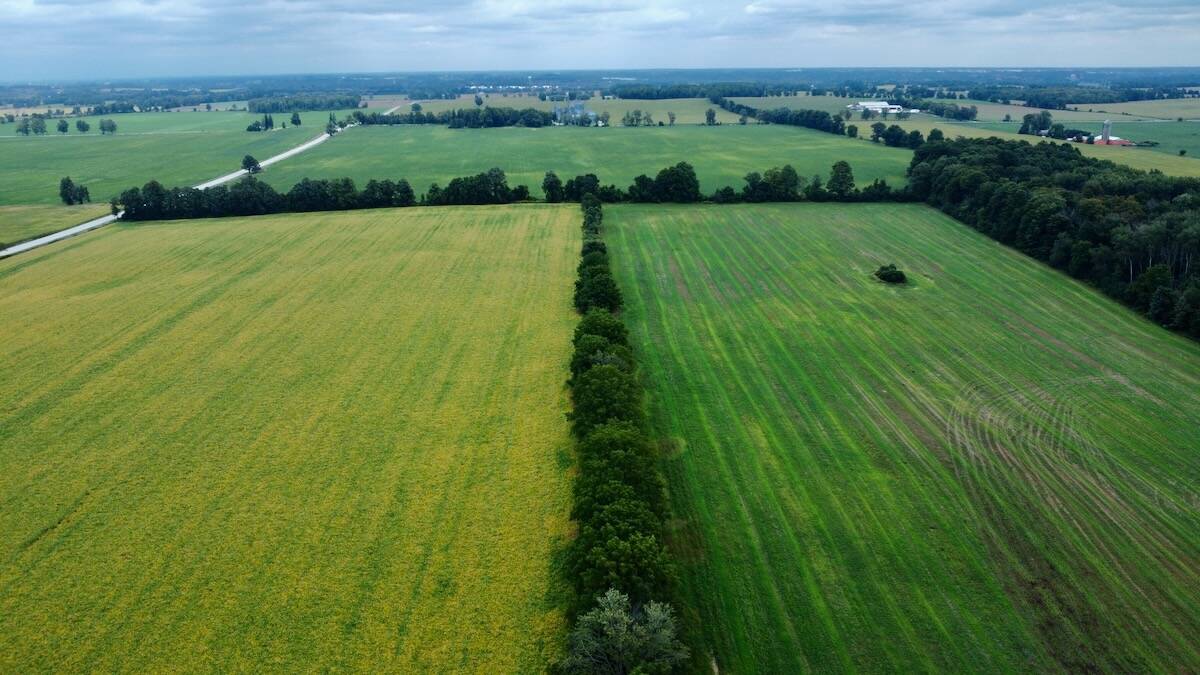Canadian ag tech companies mature and grow

I’m seeing encouraging staying power in Canadian agriculture technology companies.
I’ve covered businesses for years, so I’m aware of how challenging it is to start up a new company — especially one that’s based on technology that’s new and suspicious to people.
If you’re bringing a biosecurity sensor, or an equipment tracking app to people who also operate tight-margin businesses, it’s a different game than starting up a restaurant or a local auto shop.
I didn’t expect this many ag tech companies to get to where they have and I’m happy to be proved wrong.
Read Also


Ford’s controversial Bill 5 under fire for weakening safeguards
Ontario Premier Doug Ford’s controversial Bill 5 under fire for weakening public input and environmental safeguards. OFA optimistic farmland protection could be triggered under special economic zone criteria
I recently attended the Spark event put on by the Grand River Agricultural Society in Elora, Ont. I’ve gotten to know many of the company founders who were pitching for another $5,000 cheque at the event.
Some of them have been on long journeys to get their products to market. In some cases, ag tech company founders are no longer leading the companies they started. Sometimes they have life changes, or realize that the company needs other skills to survive.
Sometimes investors make that decision for the founder too. That’s a tough outcome for someone who has put a lot of themselves into something that’s not just a job but a passion — but it also means that the company can survive.
In most cases, the founder remains in charge and there’s good growth.
At the Spark event, Vetson, a virtual veterinary care company founded in 2022, reported that they are now connected to 600 farmers and nine veterinary clinics. They’re also connected to a large veterinary product distribution company, to help get medications to the farmers who connect with veterinarians through their app.
Farm Health Guardian now has its tracking system on 2,400 trucks in the pork sector in Canada and the U.S. It merged with a complementary American company and is working on facial recognition for barns.
Cattlelytics, last year’s Spark event winner, now has almost 250,000 cattle on its platform that helps farmers bring together disparate data and manage cattle and employees.
There are other companies across the country, not at the Spark event, that have scaled to where they are being used regularly on farms, or by farm service providers, including SoilOptics, SWAT Maps, BinSentry and IntelliCulture.
Each has its own story, but there are some common threads. The current business isn’t the first major experience for most of the founders. Many have run other businesses, like Rob Hannam of Farm Health Guardian. Some are serial entrepreneurs and get better with each launch. Others have worked for diverse businesses and can pour the sum of their expertise into their venture, like Shari van de Pol of Cattleytics.
Experience matters.
So does being able to build a funding ecosystem to support the company as it grows. We’ve come a long way in Canada in the past five years, with private investors like RHA Ventures and Ag Capital Canada providing funds and expertise. Institutional investors like Farm Credit Canada and Conexus Credit Union with its Cultivator incubator proram have joined the party.
The wild money that flowed into ag tech a few years ago has dried up, but the committed continue to find a way forward, and that includes several growing companies in Canada.
Source: Farmtario.com


